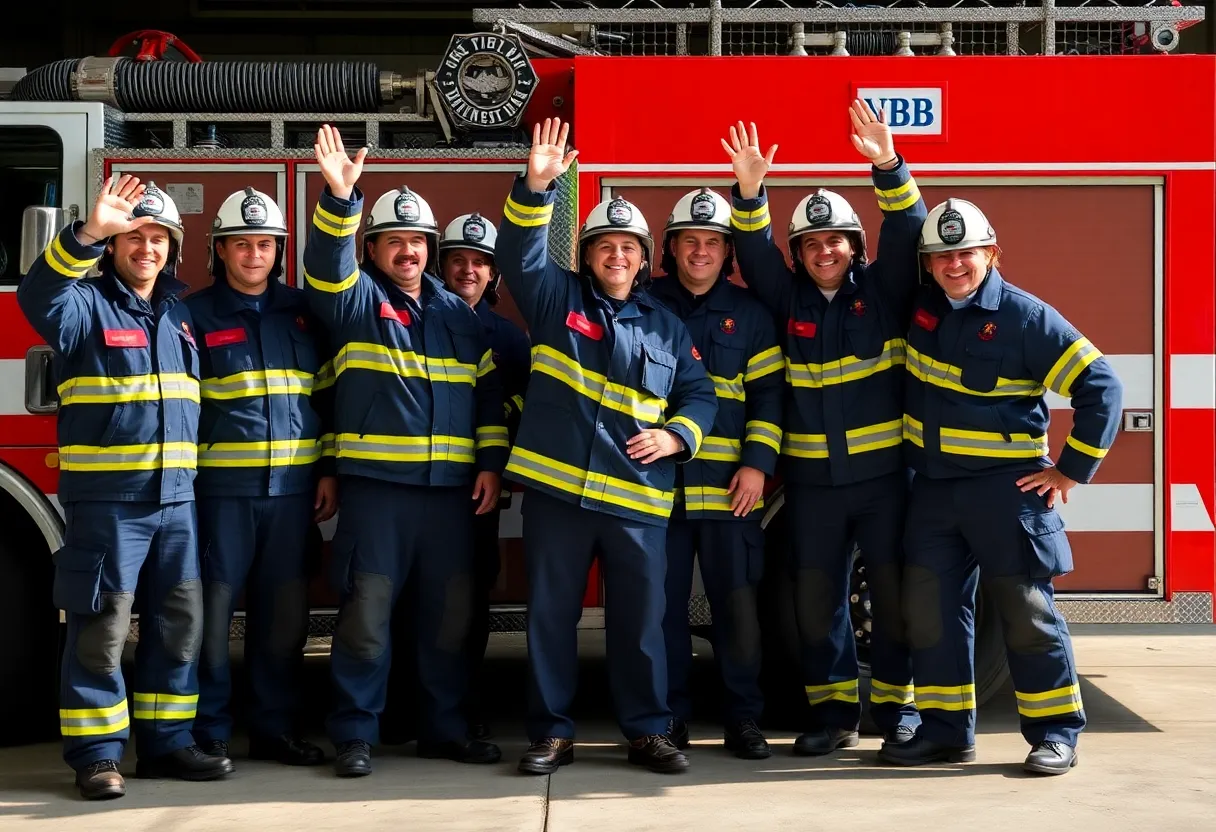Saskatchewan Firefighters Celebrate Expanded Cancer Coverage
In a move that has brought a wave of relief and hope, the Saskatchewan Worker’s Compensation Board (WCB) has announced the addition of six new cancer types to the list of covered diseases for firefighters. This significant update means that **_primary site penile, pancreatic, thyroid, soft tissue sarcoma, mesothelioma,_** and **_laryngeal cancer_** are now included, raising the total number of firefighter cancers covered by the WCB to an impressive **22**.
Understanding the Changes
What does this mean for our brave firefighters? Well, the term **_primary site_** refers to the exact spot in the body where cancer first starts and grows. It’s important to note that a minimum period of employment is necessary for coverage, but this support is available for all firefighters, whether they serve full-time, part-time, or volunteer.
Acknowledging the Risks
Gord Dobrowolsky, the WCB chair, stated, “These heroes often put their lives on the line to keep our communities safe. This enhanced coverage is an important way for us to help support these brave firefighters and their families.” His words resonate deeply, especially when you consider the stark reality firefighters face. The **Prince Albert Firefighters Association Local 510** president, Ben Hunter, shared some eye-opening statistics: **_68 percent of firefighters will face cancer during their lifetime_**. “It’s not just a matter of if, it’s a matter of when it’s going to happen,” he stressed.
Searching for Solutions
While most of us might think of firefighters battling raging infernos, it’s easy to overlook the hidden dangers they contend with daily. Each time firefighters respond to a fire, they are exposed to a myriad of **_carcinogens_**, further increasing their risk of developing these life-threatening conditions. Hunter expressed concerns about the very gear that is supposed to protect them, emphasizing the need for safer alternatives.
Turnout gear, while vital for safety, has been found to contain **_PFAS – also known as forever chemicals_**. These substances, used for water resistance, can actually seep into a firefighter’s body and remain there indefinitely. Alarmingly, studies have shown that these chemicals pose a serious cancer risk.
Steps Towards Safer Gear
To combat this alarming issue, the Prince Albert fire department recently made a proactive decision to purchase **eight new sets of turnout gear** that do not contain PFAS. Hunter highlighted the importance of this initiative: “We’re going to be lobbying our city council to replace all of our turnout gear with this new material because every day we put it on, we are exposing ourselves to hazardous chemicals.”
Given that these protective suits typically last around six years, upgrading to safer materials is a priority. The urgency of solving this issue is underscored by the many inherent risks firefighters already face in their profession.
Looking Ahead
The WCB has also indicated that they will proactively review claims that were previously denied following this new update on covered cancers. For firefighters or their dependents, contacting the WCB for a re-evaluation of past decisions can be an important step. As with any reported injuries or diseases, WCB representatives will carefully gather all relevant information to ensure that those who serve in the line of duty receive the support they deserve.
Conclusion
The move by the Saskatchewan WCB to expand cancer coverage for firefighters is a significant and hopeful step forward. These brave individuals sacrifice so much to keep our communities safe, and it’s heartening to see steps being taken to safeguard their health and well-being. As discussions continue about the risks associated with firefighting and the protective gear involved, one thing is clear: it’s crucial to keep our firefighters safe—not just while they serve on the front lines but throughout their lives.



















